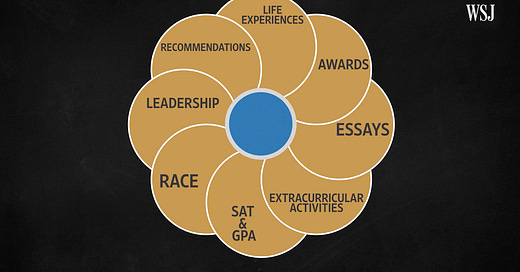I’m listening to Roger Waters. He’s got a song which is catchy if you like Roger Waters called ‘The Bravery of Being Out of Range’. That’s a nice self-deprecating title describing my experience of Affirmative Action. The weird thing is that I have never been in close proximity to the black underclass, except as a race writer. You see I’ve always conside…
Keep reading with a 7-day free trial
Subscribe to Stoic Observations to keep reading this post and get 7 days of free access to the full post archives.




